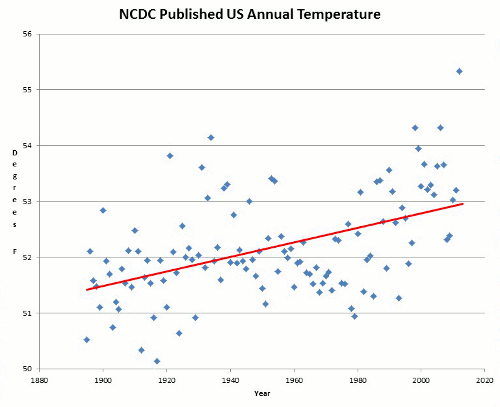ERROR 27 Mosquitoes"climbing to higher altitudes"
Gore says that, because of “global warming”, mosquitoes are climbing to higher altitudes.
The Facts:
Most recent outbreaks have been at lower levels than those of a century and more ago. He says that Nairobi was founded 1000 m above sea level so as to be above the mosquito line. It was not. In the period before anthropogenic warming could have had any significant effect, there were ten malaria outbreaks in Nairobi, one of which reached as far up as Eldoret, almost 3000 m above sea level. Malaria is not a tropical disease. Mosquitoes do not need tropical temperatures: they need no more than 15 degrees Celsius to breed. The largest malaria outbreak of modern times was in Siberia in the 1920s and 1930s, when 13 million were infected, 600,000 died and 30,000 died as far north as Arkhangelsk, on the Arctic Circle. There is no reason to suppose that malaria will spread even if the climate continues to become warmer.
ERROR 28 Many tropical diseases "spread through 'global warming"
Gore says that, as well as malaria, “global warming” is spreading dengue fever, Lyme disease, West Nile virus, arena virus, avian flu, Ebola virus, E. Coli 0157:H7, Hanta virus, Legionella, leptospirosis, multi-drug-resistant TB, Nipah virus, SARS and Vibrio Cholerae 0139
The Facts:
Only the first four diseases are insect-borne, but none is tropical. Of the other diseases named by Gore either in his film or in the accompanying book, not one is sensitive to increasing temperature. They are spread not by warmer weather but by rats, chickens, primates, pigs, poor hygiene, ill-maintained air conditioning, or cold weather.
ERROR 29 West Nile virus in the US "spread through 'global warming"
Gore says that West Nile virus spread throughout the US in just two years, implicitly because of “global warming”
The Facts:
The climate in the US ranges from some of the world’s hottest deserts to some of its iciest tundra. West Nile virus flourishes in any climate. Warming of the climate, however caused, does not affect its incidence or prevalence.
Tuesday, September 1, 2009
Subscribe to:
Post Comments (Atom)















No comments:
Post a Comment